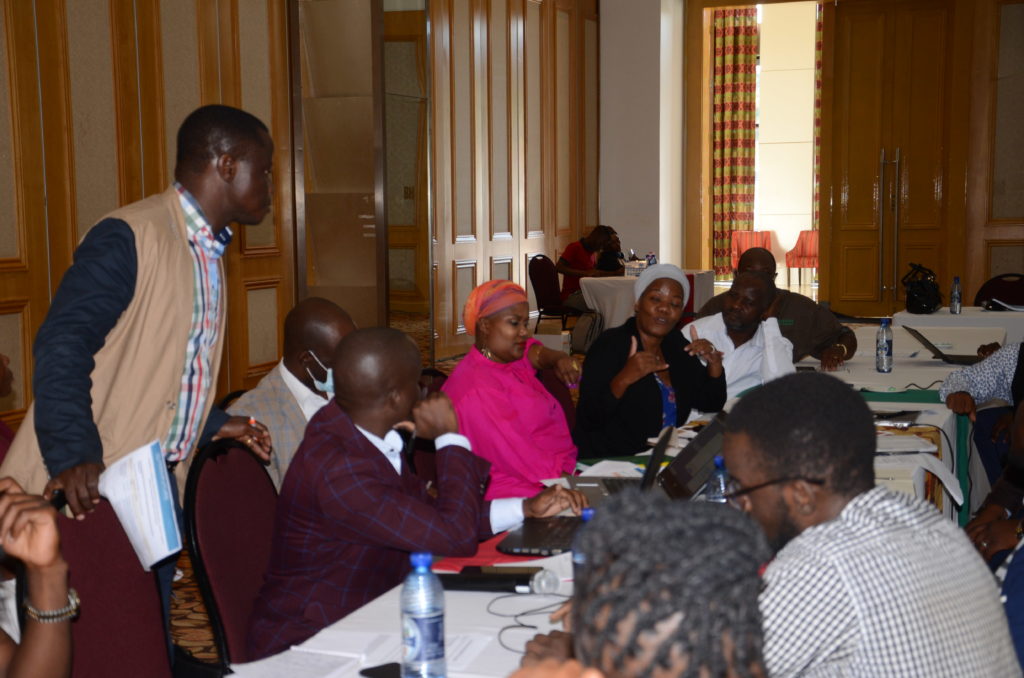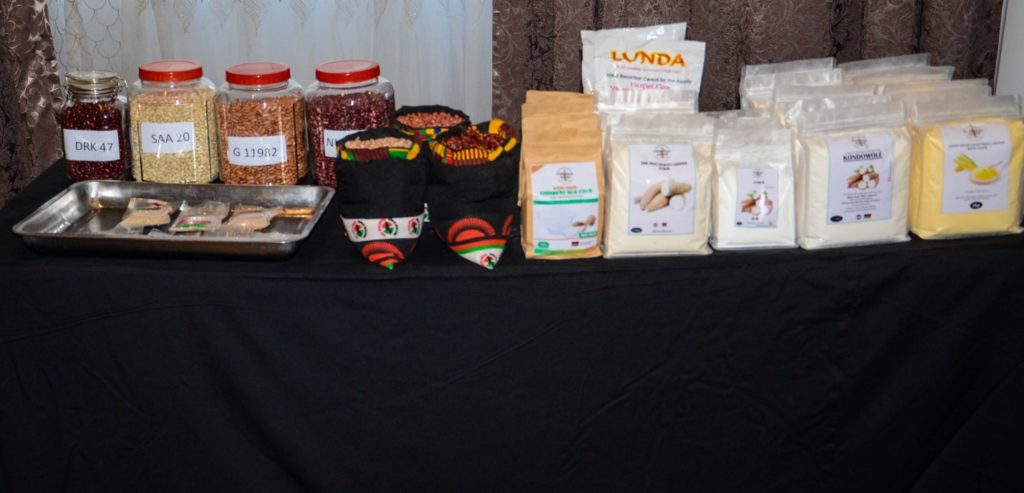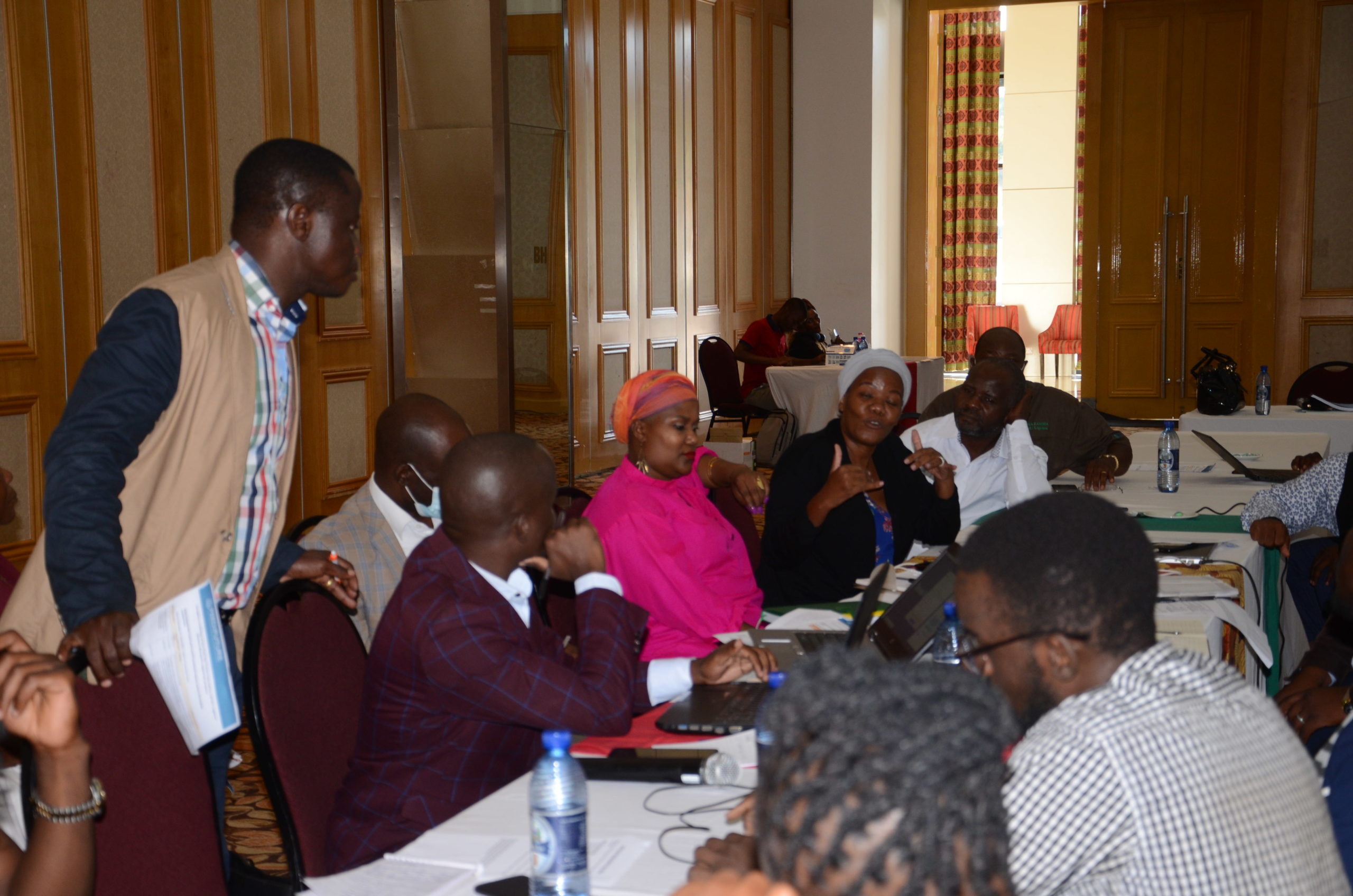About 100,000 smallholder farmers in Malawi will benefit from two projects recently launched in Malawi, seeking to improve the common bean value chain through increased production, processing and value addition and access to readily available markets. The Alliance of Biodiversity International and the International Centre for Tropical Agriculture (The Alliance) will implement the projects, namely, Multi-stakeholder Seed Platform (MSP) and Legume Food Processing in partnership with various stakeholders. The launch was attended by 55 participant and 18 of whom were females.

Stakeholders at the launch discussions
The launch ceremony attracted scores of researchers, scientists, scholars, and public and private sector officials, majority working in the common bean sector in two countries. These projects are funded by the USAID through the Feed the Future and Michigan State University.
Smallholder farmers will be introduced to improved varieties of bean seed and new farming techniques during the project to harvest abundant quality beans, some of which will go through processing and value addition to produce a diverse range of bean products for readily available markets.
Speaking at the launch, Jean Claude Rubyogo, Bean Programme Leader & Director, Pan Africa Bean Research Alliance said, “These two projects have come to solve the problems affecting the common bean value chain in southern Africa especially from production to consumption —in order to increase job and business opportunities.”
He added that an investment in the improvement of the common bean value chain is important because beans are at the center of nutrition and food security for millions of people globally.

Some of the products on display at the launch
Working in partnership to promote nutritious diets
Globally, beans are the most affordable source of protein of up to 20-25 percent for millions of people. Some beans are micronutrient rich in iron and zinc, packed with fiber and vitamins, including vitamins D6 and 12. They mature early and are beneficial to the soil – are nitrogen fixing.
“There will be increased production, better nutrition and diversification of bean products. The smallholder farmers that will benefit the most are women whose efforts will be rewarded. In fact, the entire value chain will benefit, resulting in more incomes, which government will be able to tax,”
Dr. Patrick Chikongwa, Director of Animal Health, and Livestock Development in the Ministry of Agriculture shared, ‘These two projects have the potential of improving food security and increasing income for women and youths in this country. We expect a lot of impacts, especially empowerment of rural farming communities through targeted income-generating activities in the value chain.
“The government of Malawi is excited that these projects will complement the existing national agricultural priorities and will help establish innovative and sustainable bean seed systems based on farmer seed demands while working with both public and private sectors.” He added.

